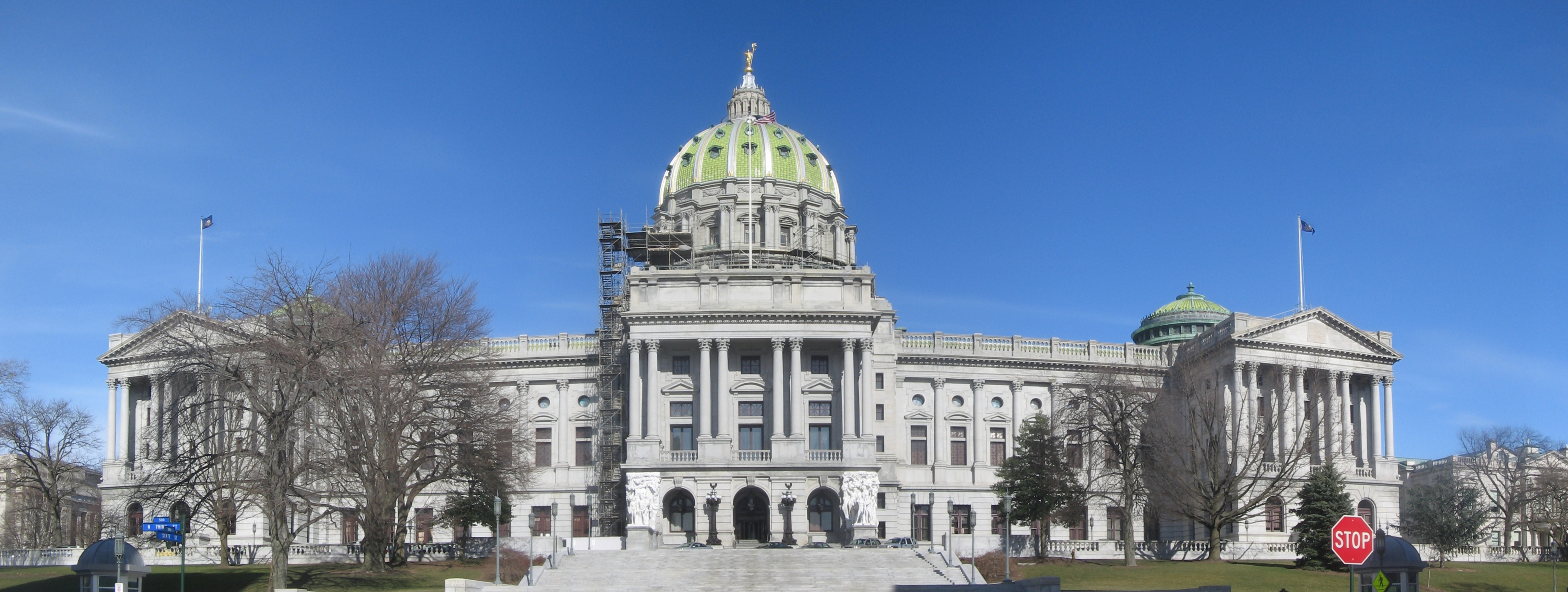Pennsylvania has taken one more small step in the direction of legalizing and regulating internet poker and casino gambling. After proposing PA online gaming bill SB 900, Senator Kim Ward, Chairman of the Senate Community, Economic and Recreational Development Committee, presided over the second hearing to discuss implementation of regulations earlier today.
 The PA online gaming hearing lasted approximately two hours as legislators heard testimony from state regulators regarding the viability of a future iGaming market in the Keystone State. It was the such second hearing that’s taken place in the last two weeks, and with the topic hot on the agenda, and multiple PA online gaming bills introduced this session, momentum for passage is on a steady incline.
The PA online gaming hearing lasted approximately two hours as legislators heard testimony from state regulators regarding the viability of a future iGaming market in the Keystone State. It was the such second hearing that’s taken place in the last two weeks, and with the topic hot on the agenda, and multiple PA online gaming bills introduced this session, momentum for passage is on a steady incline.
At present, there are two measures considered to have the most potential for success in Pennsylvania. The first, HB 649, was introduced by Rep. John Payne, Chairman of the House Gaming Oversight Committee, in February of this year. The second and most recent, SB 900, was introduced on a senatorial level by Sen. Ward, who chaired today’s Senate Committee hearing.
While both bills are designed to authorize internet poker and casino gambling in the Keystone State, they have strongly differing opinions on how it should be done. One of the most controversial issues in SB 900 is its requirement of in-person player registrations.
Kevin O’Toole, Executive Director of the Gaming Control Board, testified that in-person registrations would only hinder a PA online gambling market. He pointed out that no such requirements have been enforced in Delaware, Nevada or New Jersey, indicating that state regulators would prefer to mimic the registration processes in those states where players have the option to sign up in person, but can also do so online.
As for revenue prospects, O’Toole testified that he anticipates Pennsylvania’s internet gambling market to produce a similar amount of revenue as New Jersey. In a full year, New Jersey saw approximately $120 million in revenue. “Expectations should not be too high at the roll-out”, said O’Toole.
Sen. Ward inquired of the Gaming Control Board how long the regulatory body thought it would take to get from point A, legalization of PA online gaming, to point B, launch of the market’s first website(s). To this, O’Toole responded, “We would be ready to go quickly”. He estimated a total time frame, from authorization to launch date, of 9 to 12 months.
As usual, the question of online gaming cannibalizing the land-based casino industry was posed. The Board responded affably towards regulation of internet gambling, explaining that, “[t]he baby boomer population is declining…and [millennials] are accustomed to doing everything on their computers and phones…and casinos are trying to market to that population.”
That opinion supports the GCB’s belief that Pennsylvania must authorize internet poker and casino gambling in order to remain competitive in the northeastern region of the United States, where two neighbors already initiated iGaming markets in 2013 (Delaware and New Jersey).
